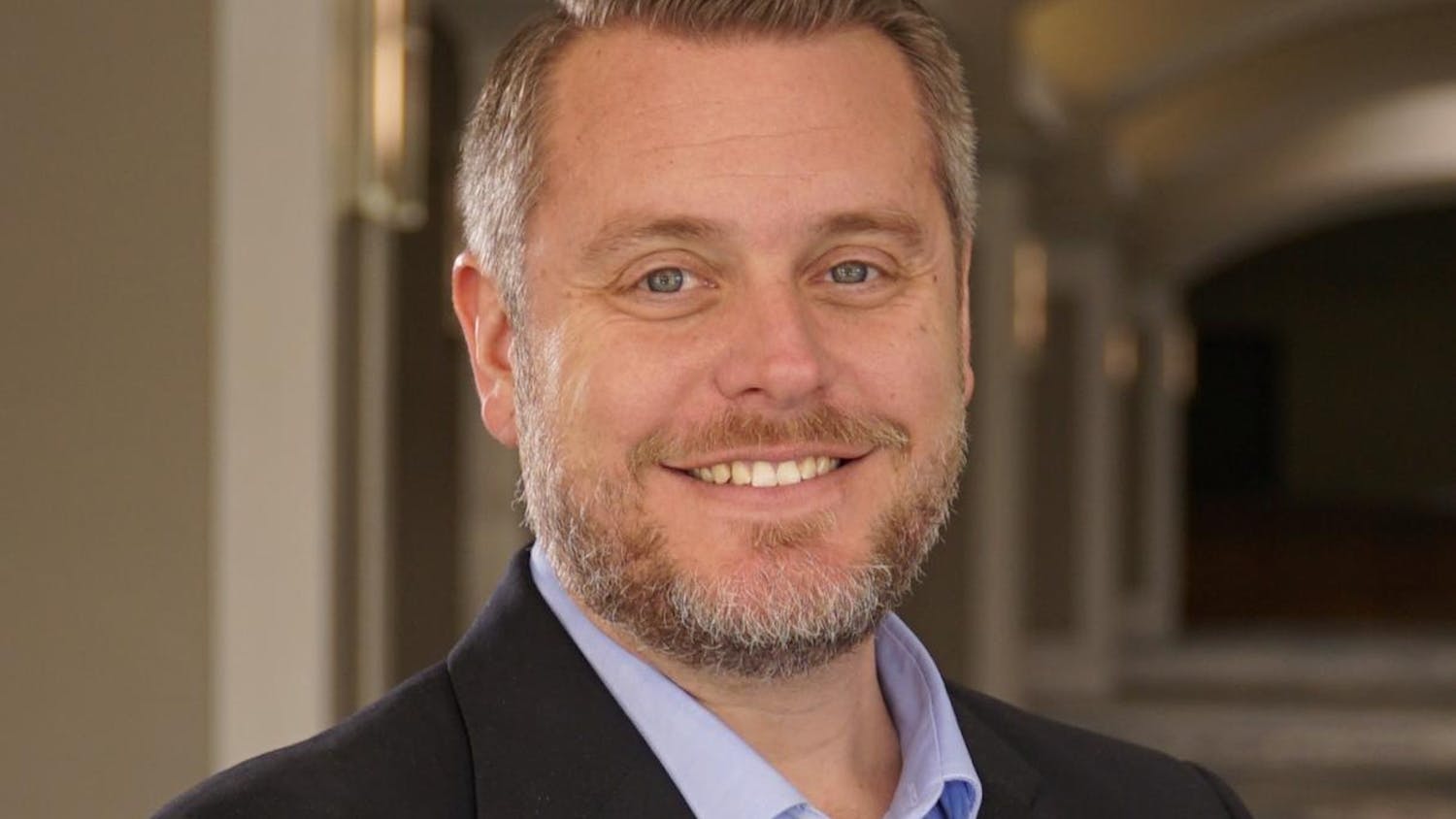About 500 people attended a daylong symposium Thursday for what UF President Bernie Machen called an “informed, reasoned and honest” discussion of land-grant universities during “Bricks and Mortar in a Digital Age: the Uncertain Future of Higher Education.”
Jeff Selingo, editor of The Chronicle of Higher Education and keynote speaker, spoke about the parallels between the future of higher education and the path the newspaper industry has taken throughout the years.
“It’s a story of how the traditional model becomes unsustainable and becomes disrupted by new technologies and new entrance into the market,” he said.
The crashing economy means more out-of-pocket expenses for people who seek to enter college, and decreasing federal support for public universities means higher tuition to compensate, Selingo said. He called it a “perfect storm of issues affecting higher education.”
“Almost three-quarters of universities have flat or declining tuition revenue, one quarter of which are public universities,” Selingo added.
The solution, he said, could be online courses. Massive Open Online Courses, like those offered by Coursera and EdX, have grown quickly and offer varied paths to higher education.
“It is happening at an increasingly rapid pace, and it is embraced by the students,” Machen said. “The students are moving that way, and faculty that are picking it up and trying it are finding that it does work.”
During a panel discussion about whether professors were becoming obsolete, the panelists evaluated the position of tenured professors in the world of massive online courses.
“One of the challenges for tenured professors is going to be to decide whether to engage in this challenging and frightening process of relevancy,” said Kate English, a lawyer and UF alumna.
In this case, the process of relevancy involves considering competency-based learning, peer evaluation and computer grading, said Daphne Koller, co-founder of Coursera and the other featured speaker.
Questions at the symposium were chosen from the audience and from Twitter, where about 40 people actively participated in the conversation, said Teri Balser, UF dean of the College of Agricultural and Life Sciences.
“In events like this, you can explore ideas and bring together people to be provocative and to ask some of the tough questions,” she said. “I think it would be great if we could do it again next year.”





